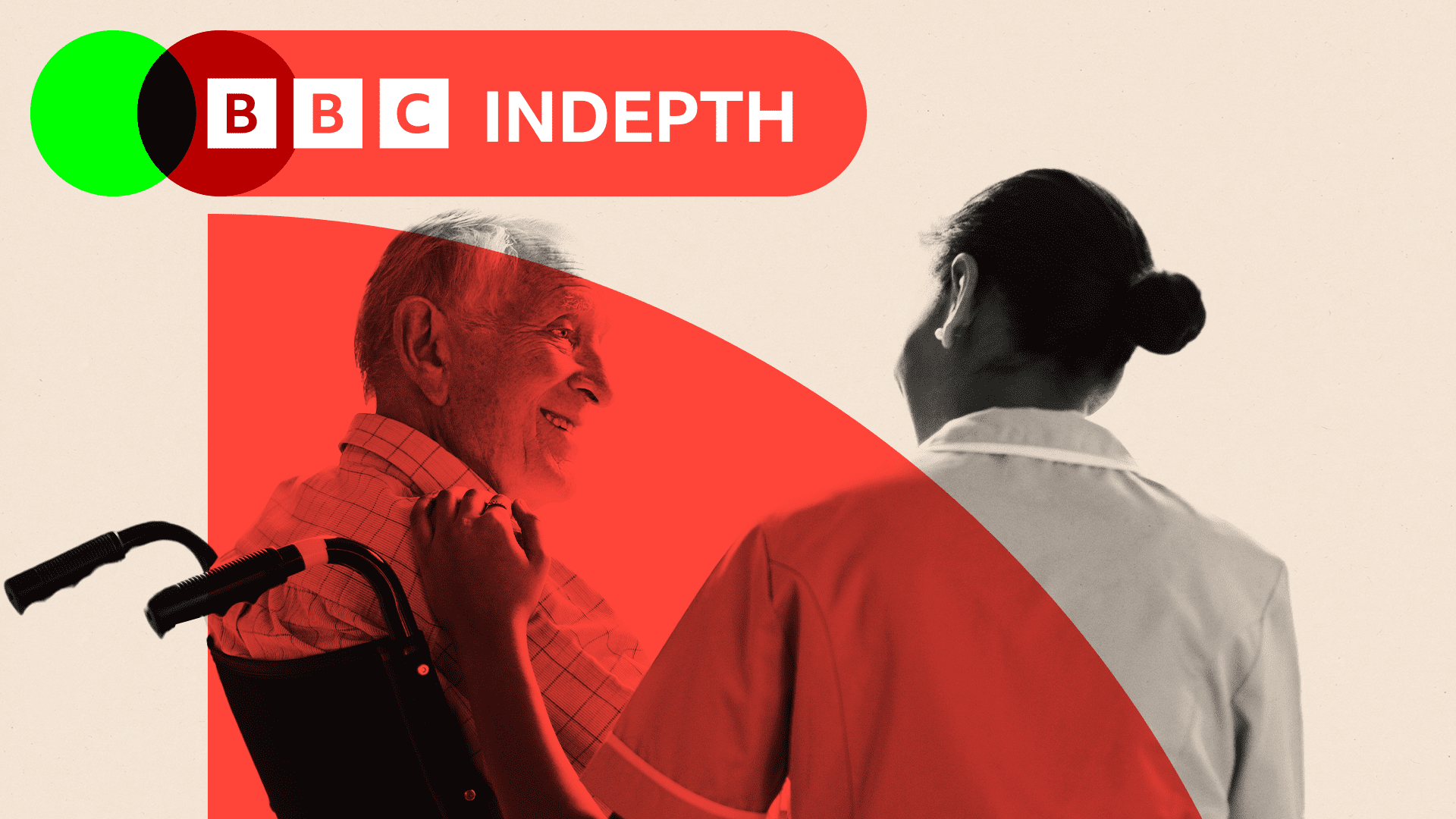'I'm going to have to pay for healthcare until my grave'
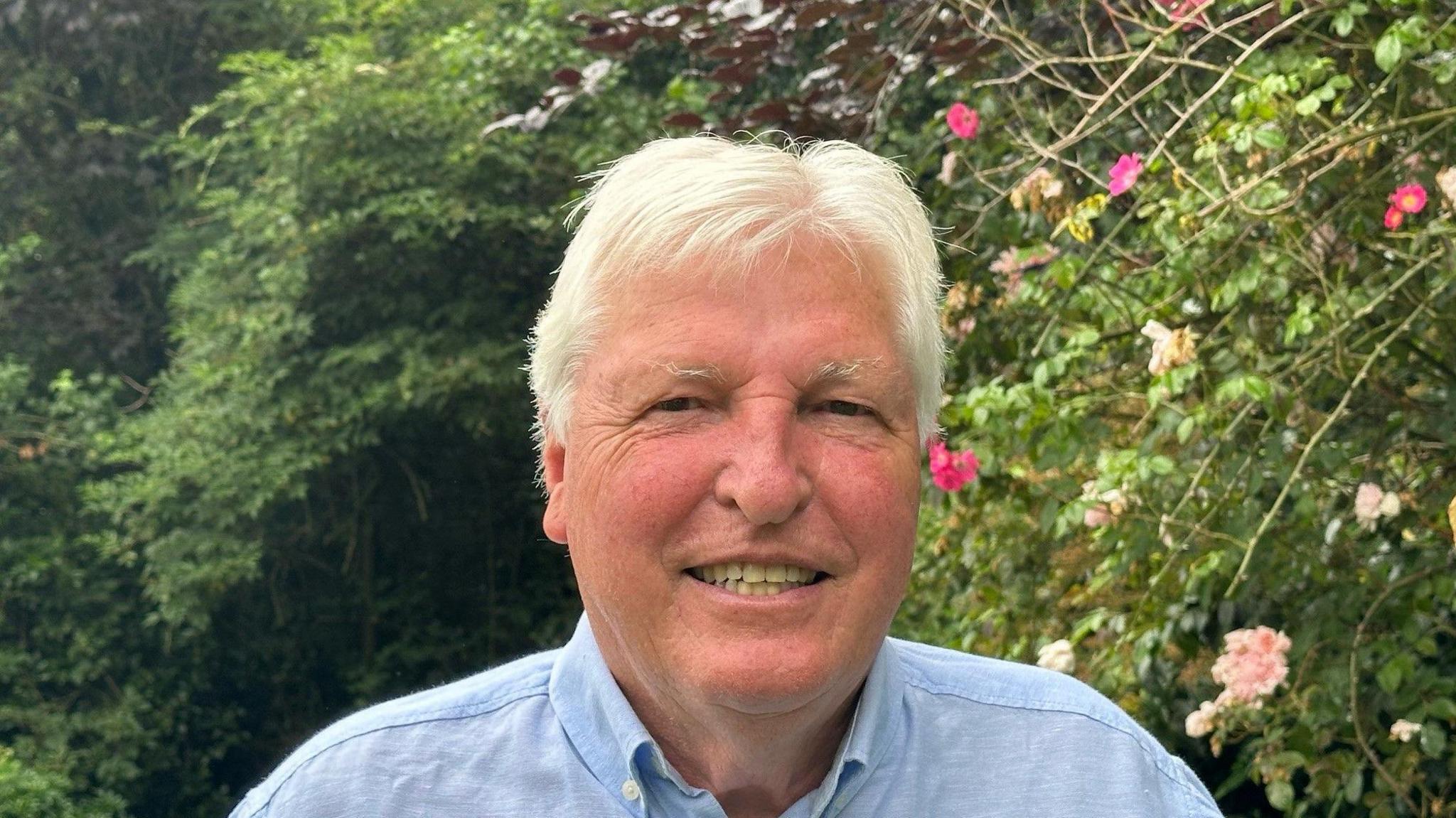
John Hayes believes there is too much "wasteful spending in the NHS"
- Published
With the general election less than a week away, the BBC has been looking at some of the issues that might be playing on people’s minds as they decide who to vote for. The NHS is one area people have told us they are most concerned about as part of the Your Voice Your Vote campaign.
John Hayes, who lives in Biddisham, in Somerset, wants to see improvements with the management of the NHS.
Mr Hayes, who lives with his wife and is kept busy by his six grandchildren, is retired from a 42-year career in business and finance.
He believes "we wouldn't run companies like the NHS is being run".
"The NHS swallows up more than £180bn a year but the failure to recruit and train healthcare staff has caused all the problems it has now with poor patient access and long waiting lists," he said.
"All the parties say 'we'll put more money in' but that is not the answer. The answer is to sort out the management and what is going on in the NHS."
Mr Hayes had treatment for cataracts in both eyes as an NHS patient at a local private hospital and said it was "very good". He would now like to see the government using more private hospitals.
His wife also recently paid for their granddaughter to have her adenoids removed privately, after being told she would have to wait up to two years for NHS surgery.
"The NHS should be capable of caring for everybody, from the cradle to the grave," he said.
"But the way things are going, I'm going to end up paying for my healthcare until I get to the grave."
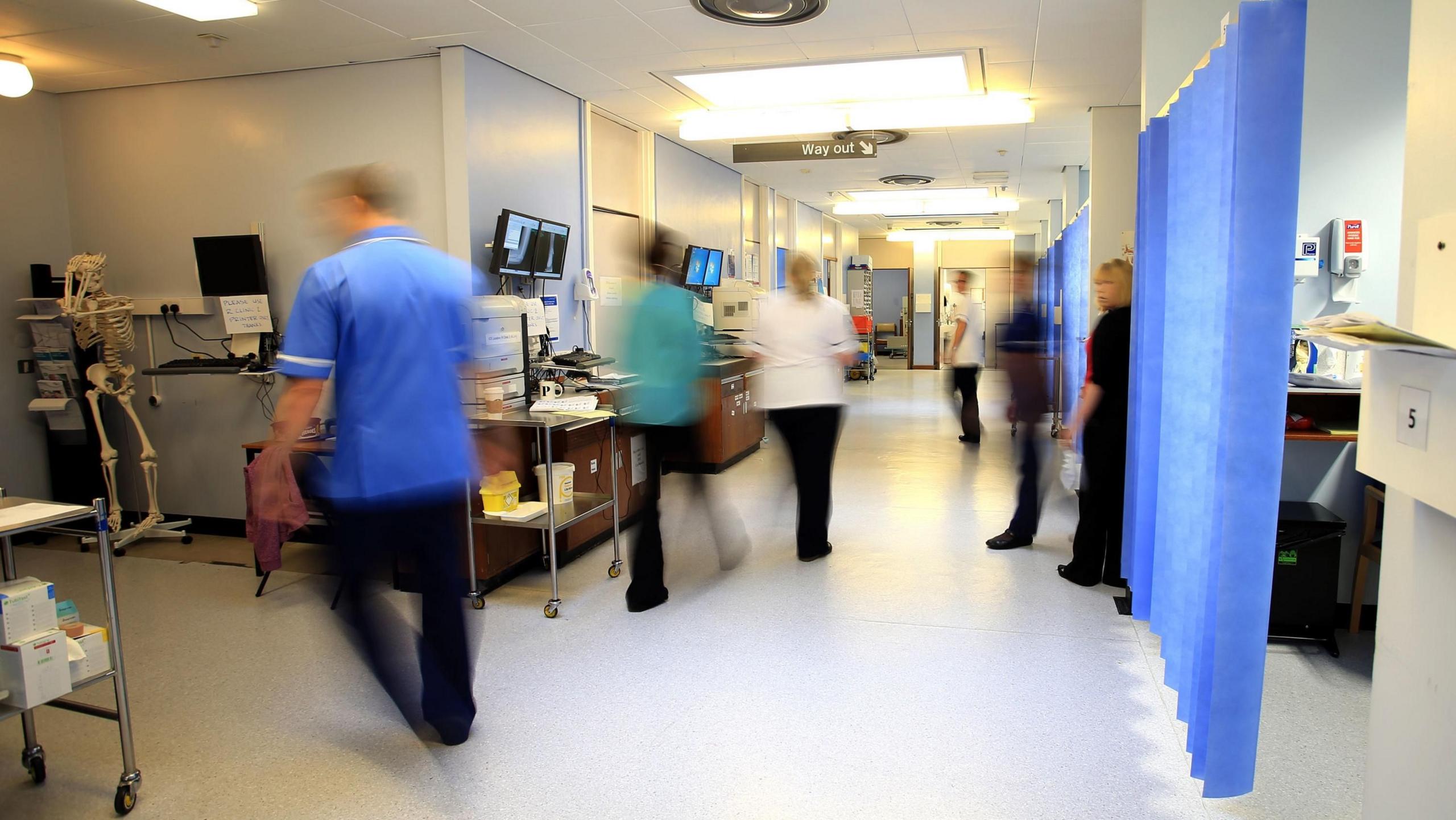
Mr Hayes' granddaughter decided to go private rather than waiting two years for NHS surgery
Su Eckersley, who lives alone in Bridgwater without family locally, is worried about requiring emergency treatment from the NHS.
"Up until recent years I've been quite confident that if I should need the NHS in an emergency they would be there for me. Now, that is no longer what I feel," she said.
"As I get older I'm aware there may be instances where I might need emergency treatment and I am very worried that if I should ask for that emergency treatment it's just not going to be there... and that does worry me greatly."
Ms Eckersley is currently on a waiting list to see a hospital consultant after being referred by her GP.
She has been warned it could take half a year before she "hears anything".
"You don't know what's going to happen in those six months, and it could be something that could be avoided if there was a speedy response to a request for an appointment," she said.

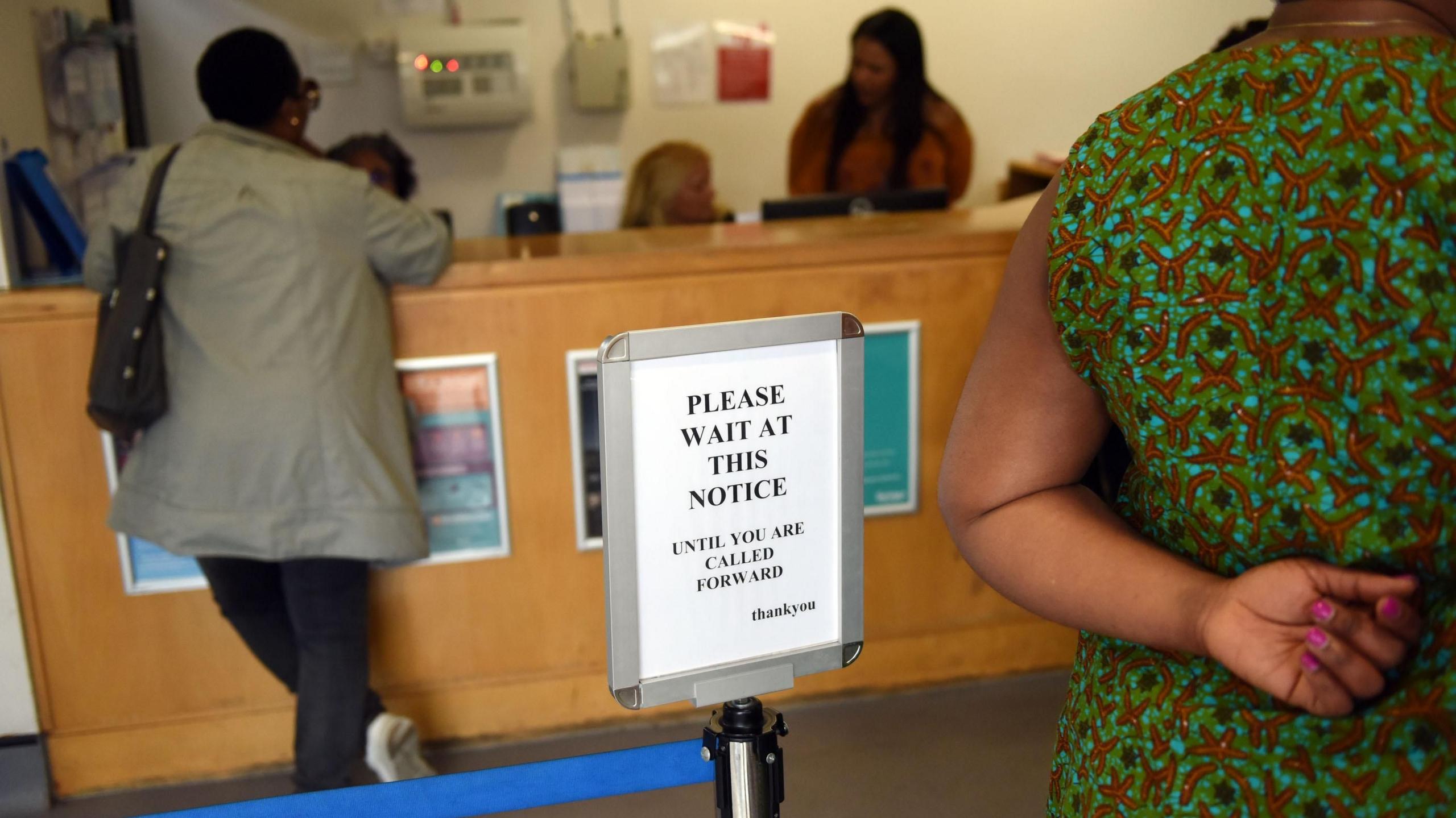
Ms Eckersley fears medical support might not be offered in time if she finds herself in an emergency situation
What are the parties promising on the NHS?
The Conservative manifesto promised to increase NHS spending above inflation every year.
It said they would continue programmes to build 40 new hospitals by 2030 and recruit 28,000 more doctors and 92,000 more nurses by 2029.
It also pledged to expand community care with 250 new and modernised GP surgeries, 50 new Community Diagnostic Centres and by letting pharmacies offer more treatments.
Labour's manifesto promised to cut NHS waiting times with 40,000 more appointments a week, by paying staff more to work weekends and evenings.
The party would expand the NHS workforce with thousands more medical training places, and modernise hospital equipment and buildings to "catch cancer and other conditions earlier".
Labour has also said it would guarantee a face-to-face GP appointment by training more GPs, and modernise the appointment booking system “to end the 08:00 scramble”.
The Liberal Democrats said they would give everyone the right to see their GP within seven days - or 24 hours in urgent cases – with 8,000 more GPs.
They have also released a 10-year plan to invest in and repair hospitals and improve early access to mental health services, including walk-in hubs for children and young people.
The Greens have pledged to increase NHS budgets by £8bn a year - rising to £28bn a year in 2030 - with a further £20bn over five years for hospital buildings.
It also wants to raise NHS pay, including a 35% increase for junior doctors, and reduce waiting lists every year.
Reform UK said it will cut NHS waiting lists to zero, introduce a basic income tax rate of zero for staff in the sector for three years and end caps on training new staff.
It also wants to make greater use of independent providers and introduce a voucher scheme to let patients go private if treatment deadlines are not met.
Follow BBC Somerset on Facebook, external and X, external. Send your story ideas to us on email or via WhatsApp on 0800 313 4630.
What really matters to you in this general election? What is the one issue that will influence your vote? Click the button below to submit your idea, and it could be featured on the BBC.
Related topics
- Published3 July 2024
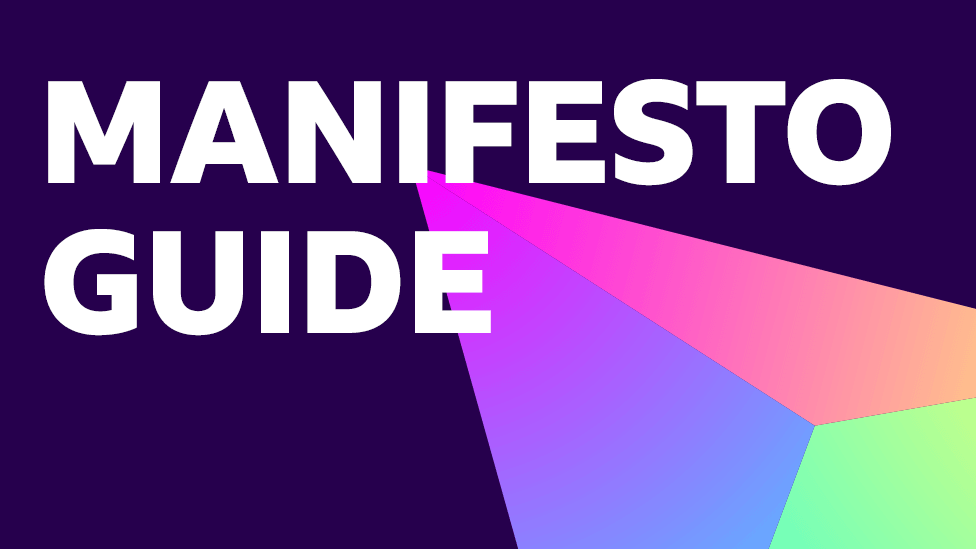
- Published25 June 2024
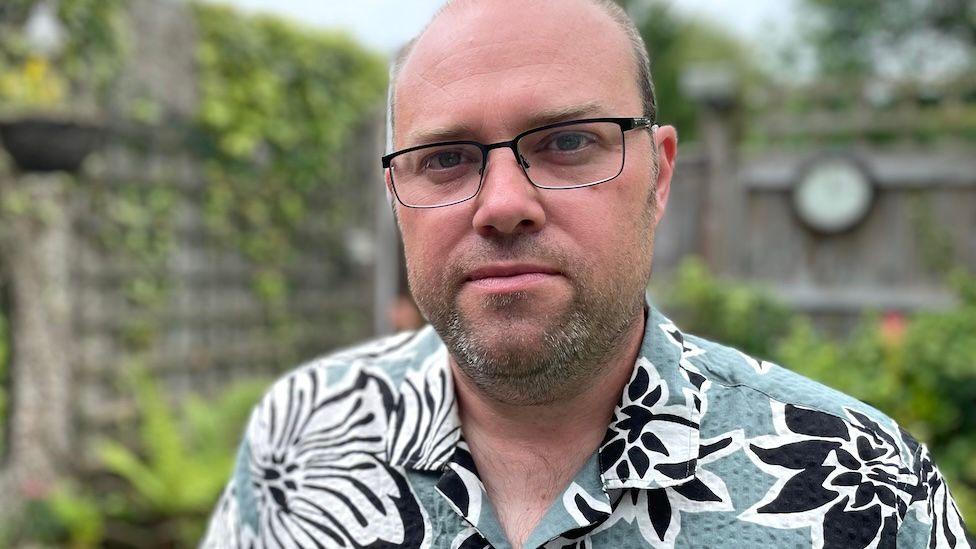
- Published23 June 2024
